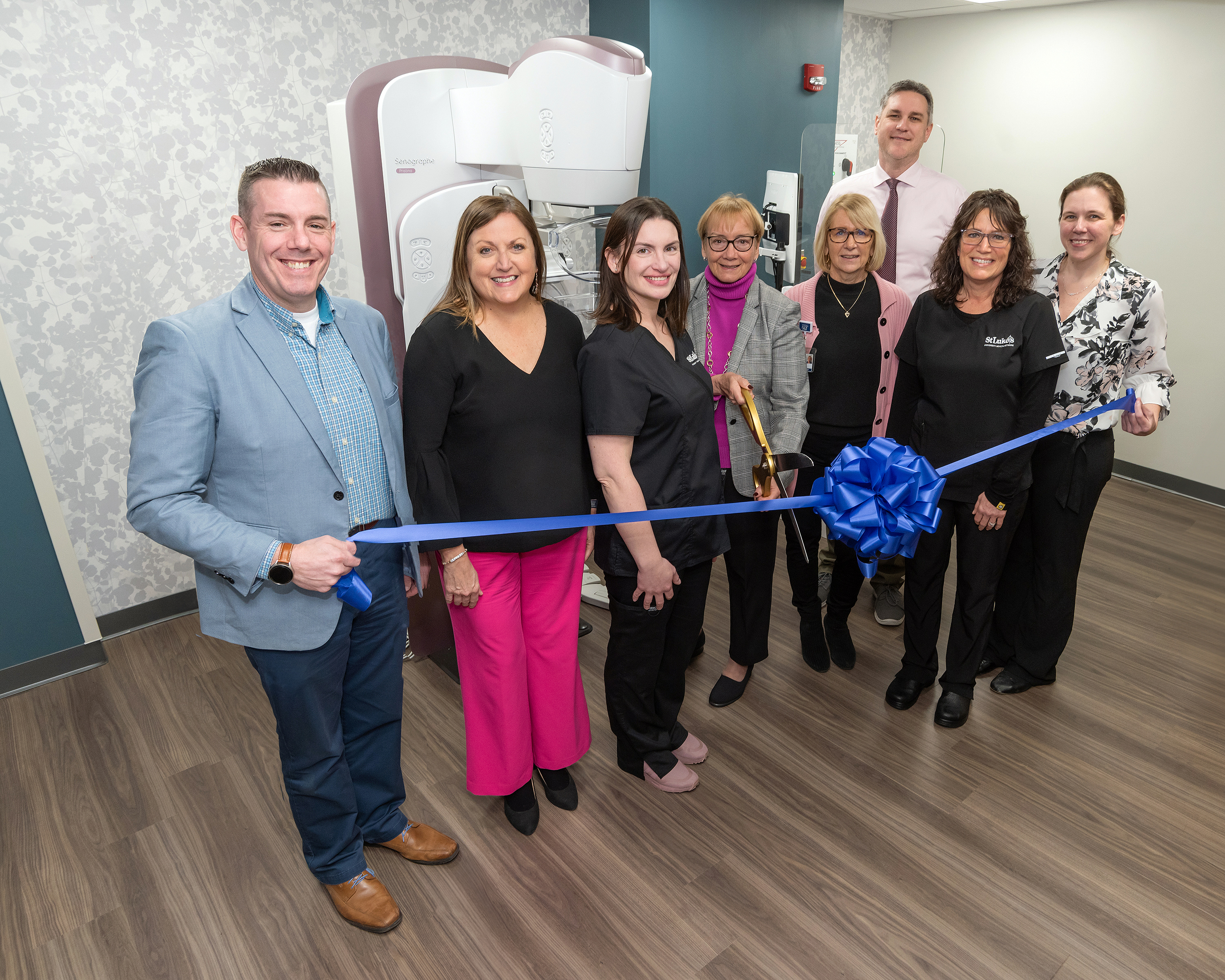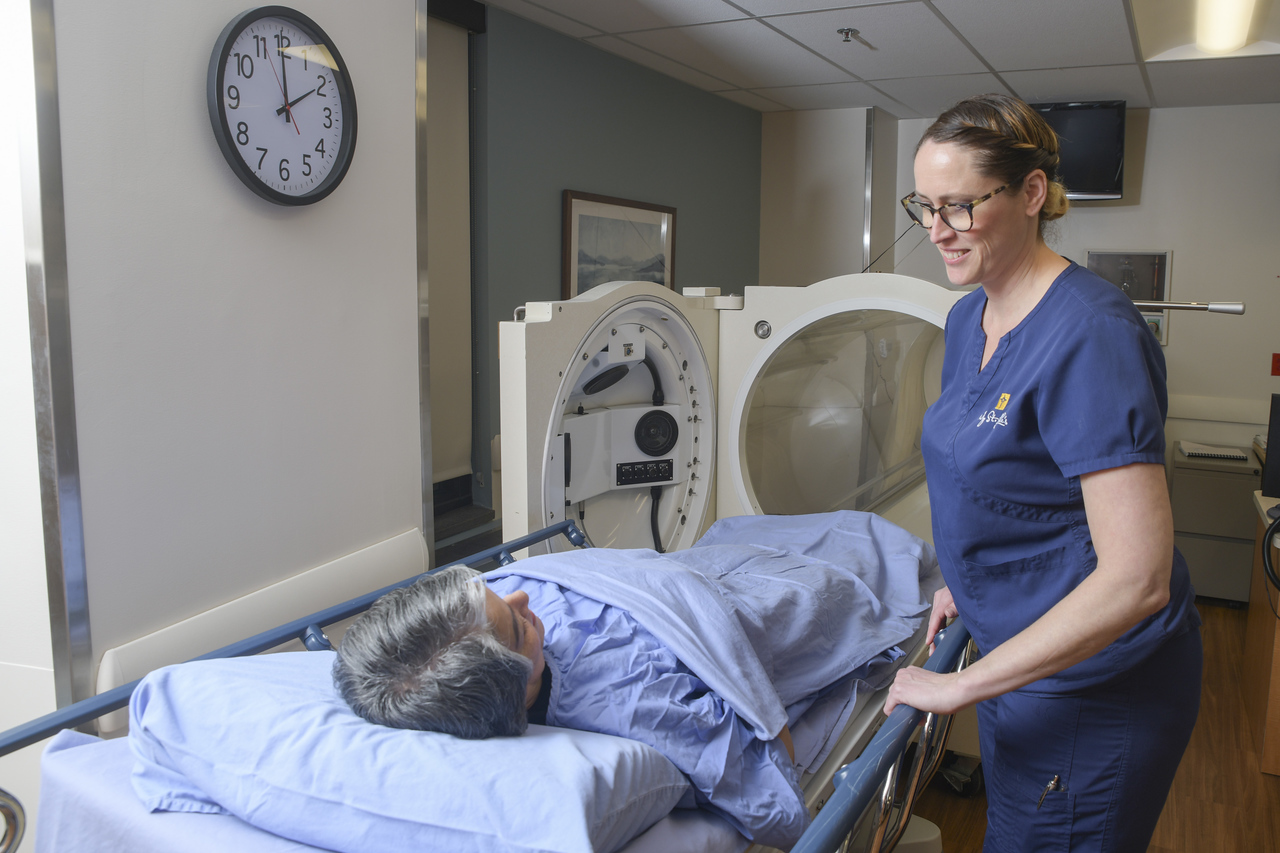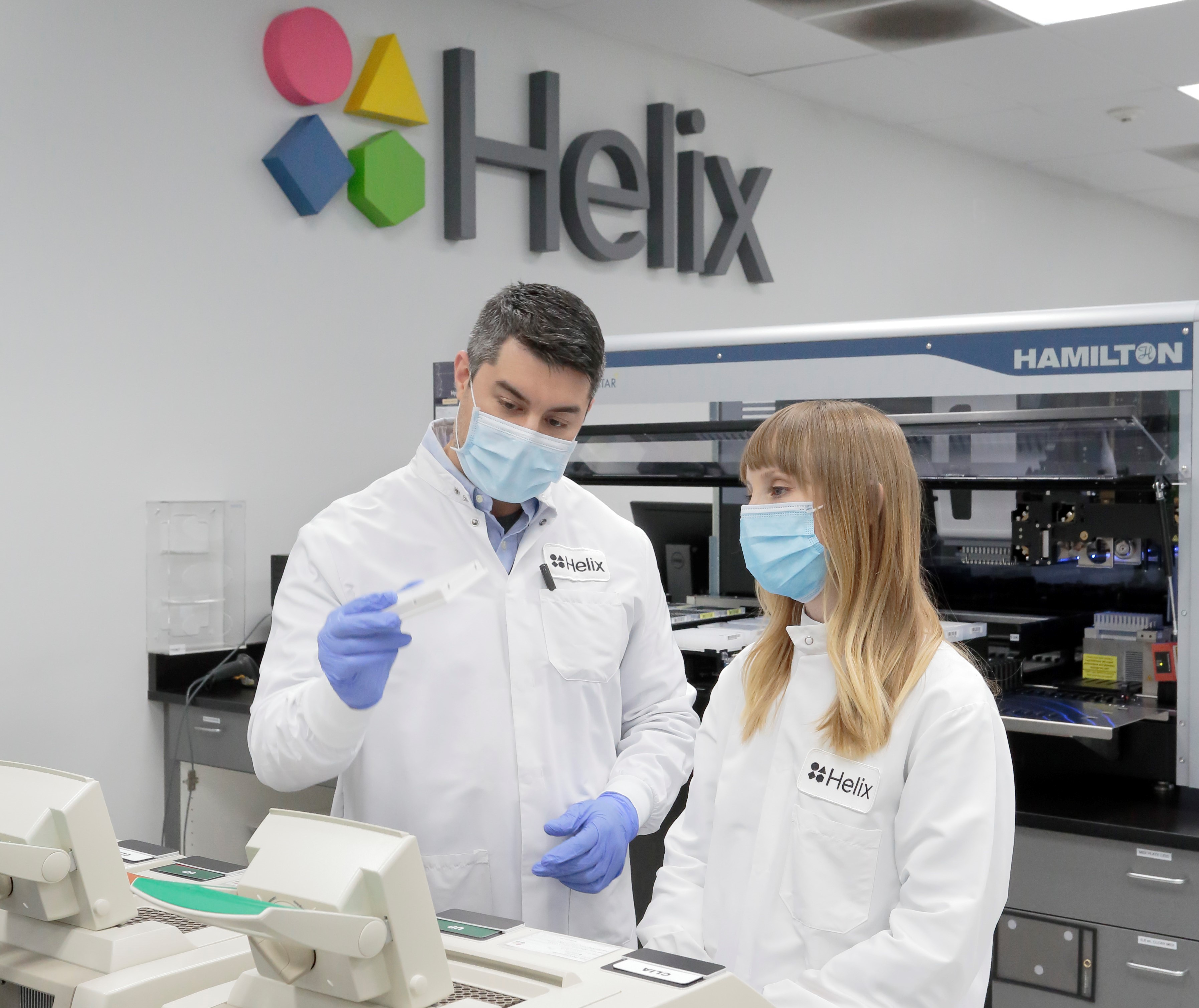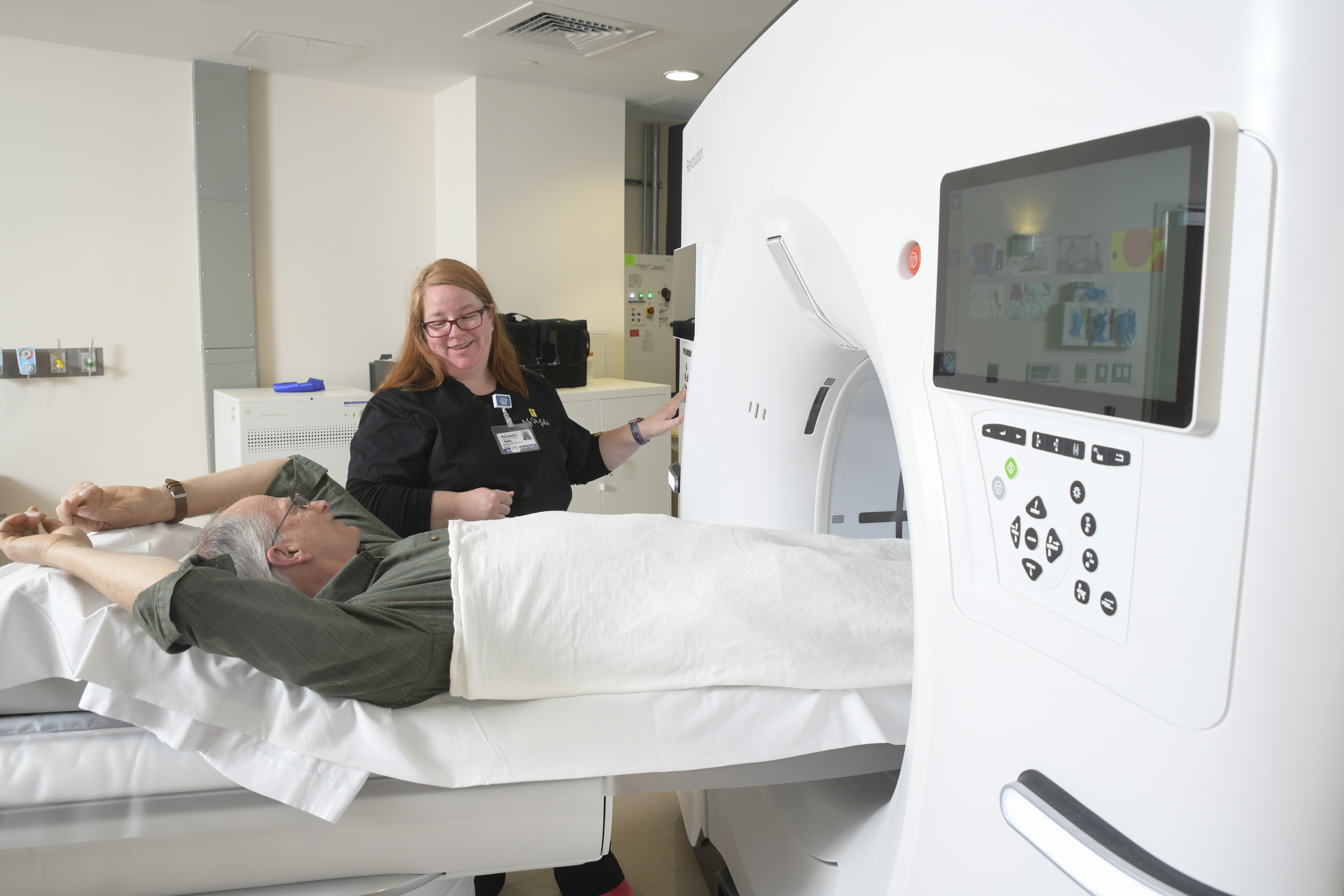Blog
Expert Treatment for Cancers Affecting the Digestive System
Gastrointestinal (GI) cancer is actually a family of cancers that affect the digestive system. These cancers are complex and require an integrated treatment plan from a dedicated, skilled and experienced team.
St. Luke’s GI Cancer Program experts include fellowship-trained surgical oncologists Darius Desai, MD, FACS, and Roderick Quiros, MD, FACS; medical oncologists Asim Ali, MD, and Yacoub “Jack” Faroun, MD; and radiation oncologist Nicholas Cardiges, MD. Together, they aggressively treat and manage the full spectrum of digestive cancers, including the more common colon and rectal cancers to cancers of the pancreas, stomach, liver, bile duct, esophagus and other digestive cancers. The team also includes other cancer specialists.
Patients benefit from coordinated appointments at St. Luke’s Cancer Center; the experts work together on a case-by-case basis to tailor the most appropriate treatment plan. St. Luke’s Cancer Center offers a combination of effective treatment approaches, including minimally invasive laparoscopic procedures and innovative surgical techniques, progressive therapies that target specific genes in GI cancers, powerful and safe radiation therapy options and access to the leading clinical trials and promising investigational therapies.
“Ultimately, our goal is to offer patients treatment options that promise the best chance for a cure,” said Dr. Desai, Medical Director, St. Luke’s GI Cancer Program. “We also strive to reduce any undue stress and anxiety patients may be experiencing by exercising compassion and making access to all aspects of cancer care and treatment easy — the best it can be.”
Dedicated nurse navigators and advanced practice nurses coordinate each aspect of a patient’s care, scheduling appointments with specialists and other cancer support services. This includes access to a cancer research nurse, oncology dietitians and palliative care nurse specialists who can help patients improve strength and boost immunity during treatment and enhance quality of life.
Understanding GI Cancer Risk
St. Luke’s Cancer Risk Evaluation Program can help those who wish to learn more about how personal and family history of gastrointestinal cancer affects their risk of developing cancer. To learn more, call St. Luke’s genetic counselor Andrea Smith, MS, CGC, at 484-503-4692.
Drs. Desai and Ali see patients at St. Luke’s Anderson Campus in Easton. Call InfoLink at 1-866-STLUKES (785-8537) or visit www.sluhn.org/cancer for more information.





